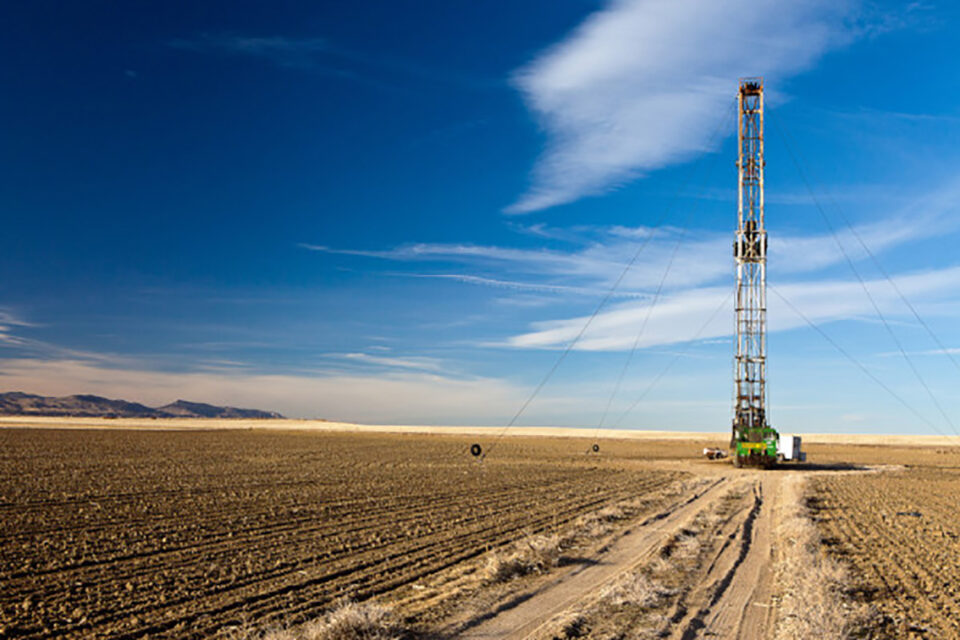According to industry people, fracking companies may rely on natural gas production to recover from the Covid-19 impact. Gas-focused drillers are seizing more opportunities than those more focused on oil drilling.
Fracking oil-based vs. gas-based companies
Many U.S. shale drillers, mainly those who pump oil, struggle to survive financially within the industry, given the pandemic’s context. However, according to a new report by the Wall Street Journal (WSJ), those that produce natural gas may have a sooner recovery.
According to industry experts, gas-focused drillers are recovering since natural gas prices are climbing in the last part of 2020. Also, this commodity is less sensitive to pandemic’s measures such as lockdowns, they add.
On the contrary, oil-focused fracking companies are facing extreme financial constrain. Their concerns increased as the coronavirus pandemic continued to impact crude prices.
Recommended to you: OPEC considers more cuts as Covid-19 cases rise
Last month, U.S. oil prices decreased by about 11%, reaching a new lowest record since early June. This situation results from the resurge in Covid-19 cases and lockdowns to refrain from spreading the disease.
Therefore, this result imposes several concerns for U.S. oil-based fracking companies, mainly those that, for years, overlooked their gas-focused homologs.
For instance, S&P Global Market Intelligence reported the largest six public gas companies in the Appalachian region climbed their prices by about 18% since the beginning of 2020. On the other hand, the 25 largest U.S. oil companies’ combined market capitalization dropped 53% since the start of the year.
Demand shortage
One clear example of recovery in gas-based fracking activities is the Marathon Petroleum Corp. The refining company reported a $1.6 billion quarterly loss at its fuel-making business.
In contrast, their pipeline business generated $960 million during the same period, achieving an operating income up from $919 million. These profits will help the company to overcome its oil-based losses.
Conoco Phillips CEO, Matt Fox, declared last week U.S. shale oil producers would probably struggle for the next two years in holding production flat compared to December 2020 levels.
Comparing the company’s last year’s oil-fracking production (8.2 million barrels a day), now it expects to produce 6.5 million in December. Besides, the company reported a $450 million loss for 3Q 2020, compared with the $3.1 billion loss it had in 2019.
In consequence, many drillers in West Texas are extracting natural gas, previously considered a byproduct.
However, according to the Energy Information Administration’s (EIA) reports, natural gas markets will also face healthy supply and trade adjustment. Therefore, the organization expects low spot prices and high volatility for gas-based fracking output.
Natural gas demand is expected to recover progressively in 2021, with the Covid-19 crisis having long-lasting impacts on fracking gas output.


